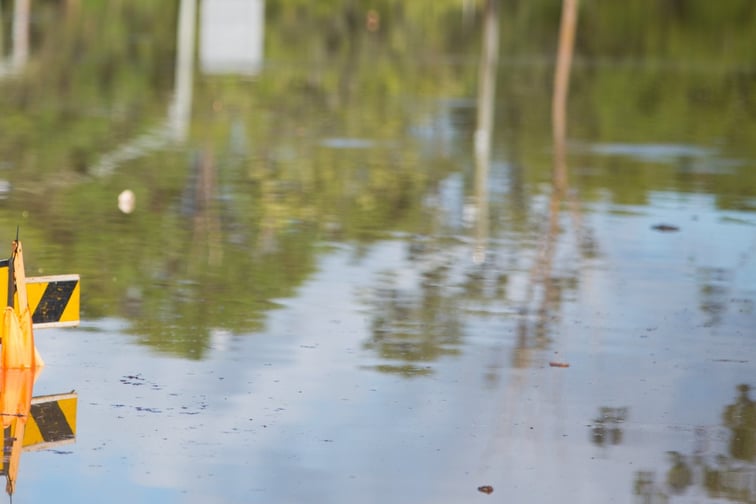

Deloitte has published The New Benchmark for Catastrophe Preparedness in Australia report, a review of insurers' response to the 2022 Australian floods.
The report, commissioned by the Insurance Council of Australia (ICA) and undertaken by Deloitte, looked into the actions of eight insurers that received around 99% of home and contents, motor, and small business insurance claims related to floods that devastated New South Wales and southeast Queensland in February and March 2022 – the second-largest insured event in the world in 2022.
As part of its investigation, Deloitte interviewed over 80 staff across the eight insurers, reviewed over 400 documents and quantitative data from the eight insurers, consulted more than 50 people impacted by the extreme weather event (including insureds and elected and local government representatives), and interviewed stakeholders – including regulators, reinsurers, reconstruction authorities, consumer groups, researchers, international experts, and supply chain businesses.
According to the report, the factors that made it challenging to respond to the 2022 floods were:
The scale of the floods also impacted claims processes and exposed vulnerabilities in insurers' claims and complaint handling, including catastrophe planning, resourcing, processes and technology, communications, and governance.
Claim closure rates varied across the eight insurers. However, speed is not the only measure of insurer performance as other factors impacted closure timeframes, such as exposure to the event, policy definitions, and claims types.
Commenting on the findings, Suncorp Group CEO Steve Johnston said the 2022 floods stretched the resources and responses of emergency agencies, the construction industry, and other relief efforts.
“In response to the event, we hired more than 1,000 extra employees and expanded our network of suppliers to support a record number of customers back on their feet,” he said. “However, we acknowledge that we can do better and have already taken action to improve our practices, leveraging technology such as automation and artificial intelligence, along with insights from our frontline, customers, and community groups to improve communications and our claims response to severe weather.”
The report outlined seven recommendations to help insurers improve their response to natural disasters:
The ICA welcomed the review of insurers' response to the devastating floods, including the seven recommendations.
“The number of claims from Cat 221 was more than six times higher than the average received for catastrophes declared since 2016, so it's not surprising that insurers were challenged in their ability to adequately respond to their customers,” said ICA CEO Andrew Hall. “However, insurers acknowledge there were failures of systems, processes, and resourcing which impacted some customers as they progressed through their claims process, which was the driver behind the industry proactively reviewing its performance through this event.
“The industry apologises to those customers for whom claims were not handled to the standard the industry strives to achieve, and we are working hard to better prepare for future extreme events.”
